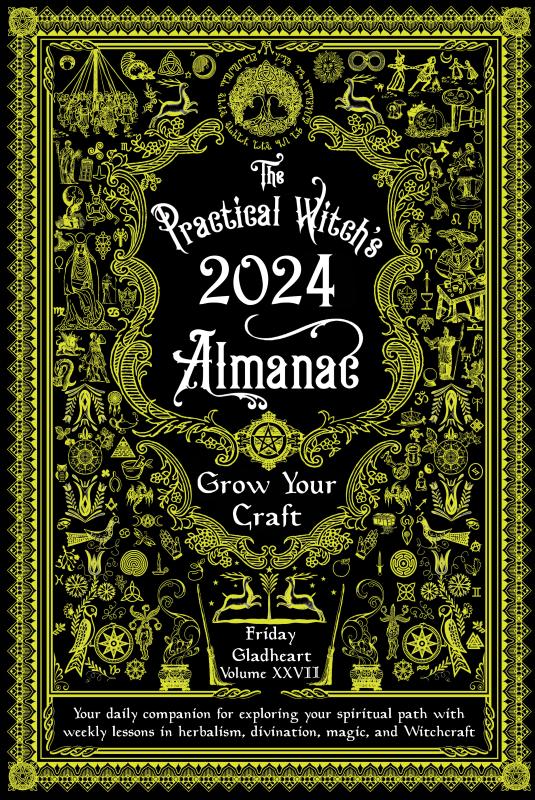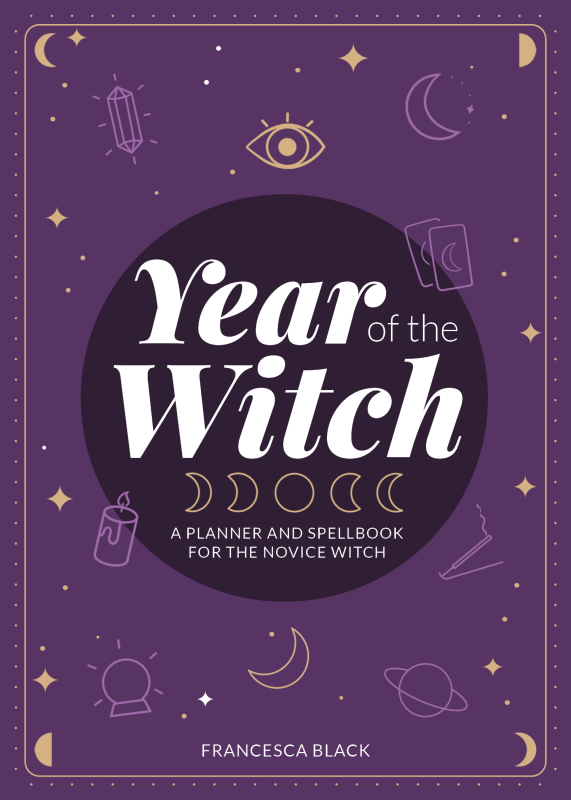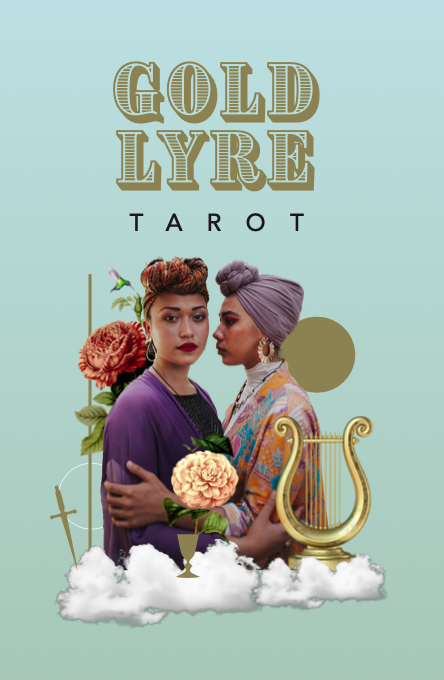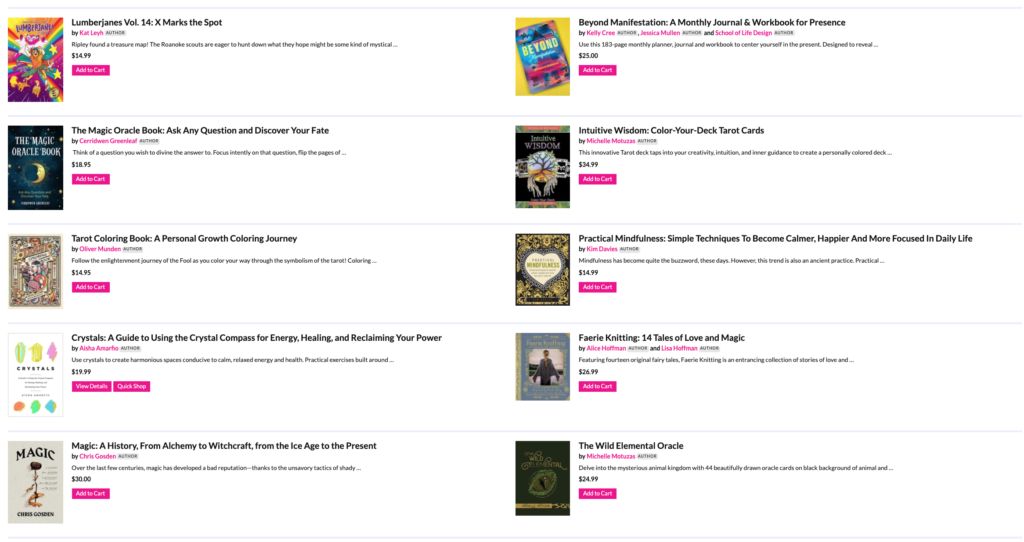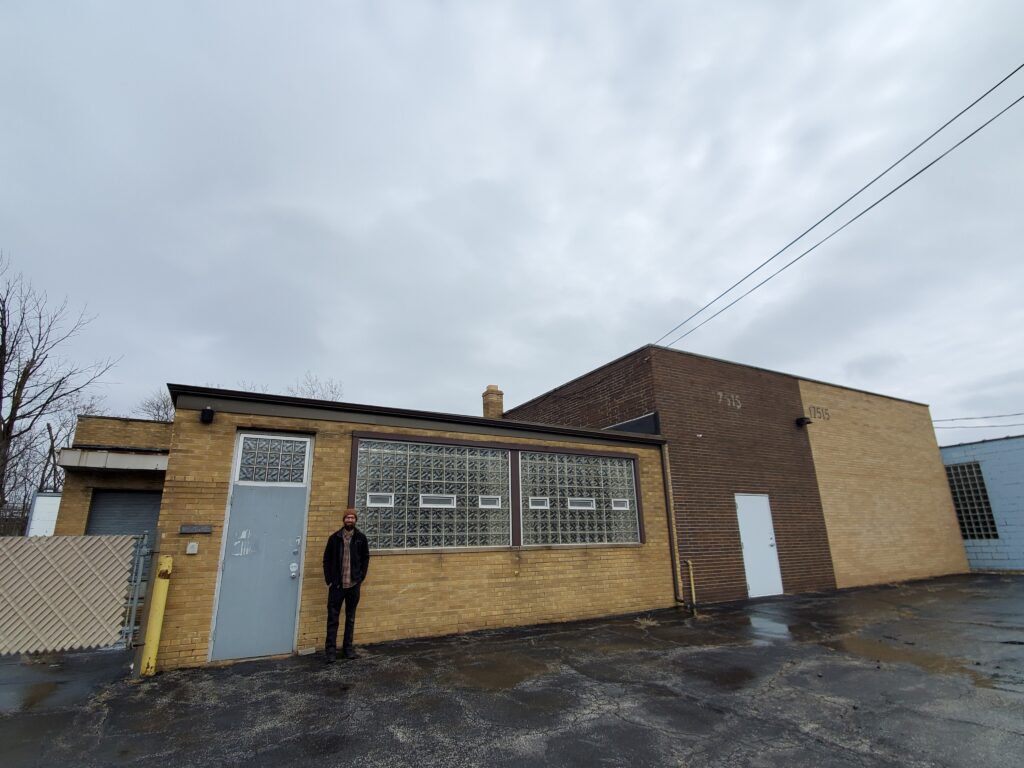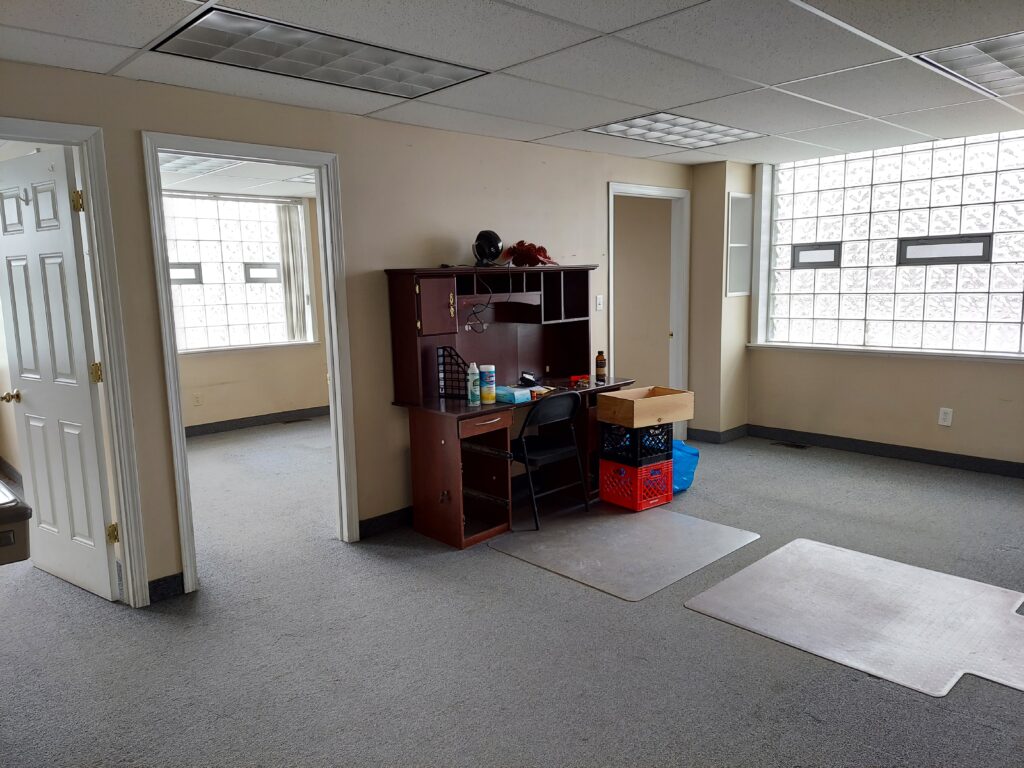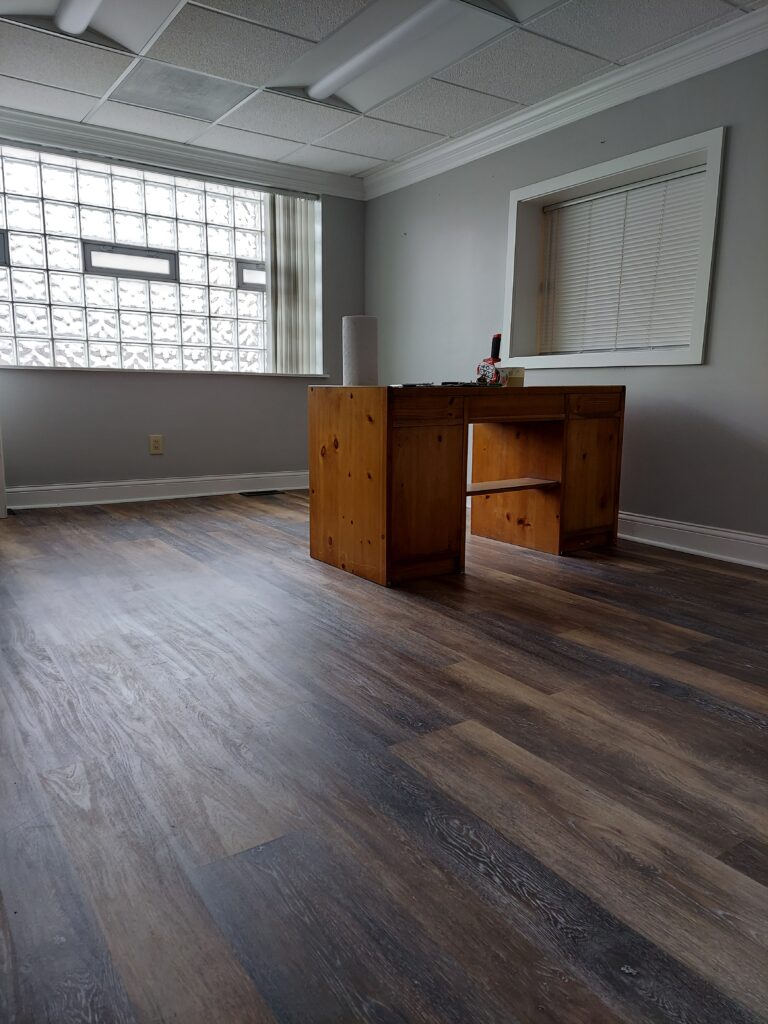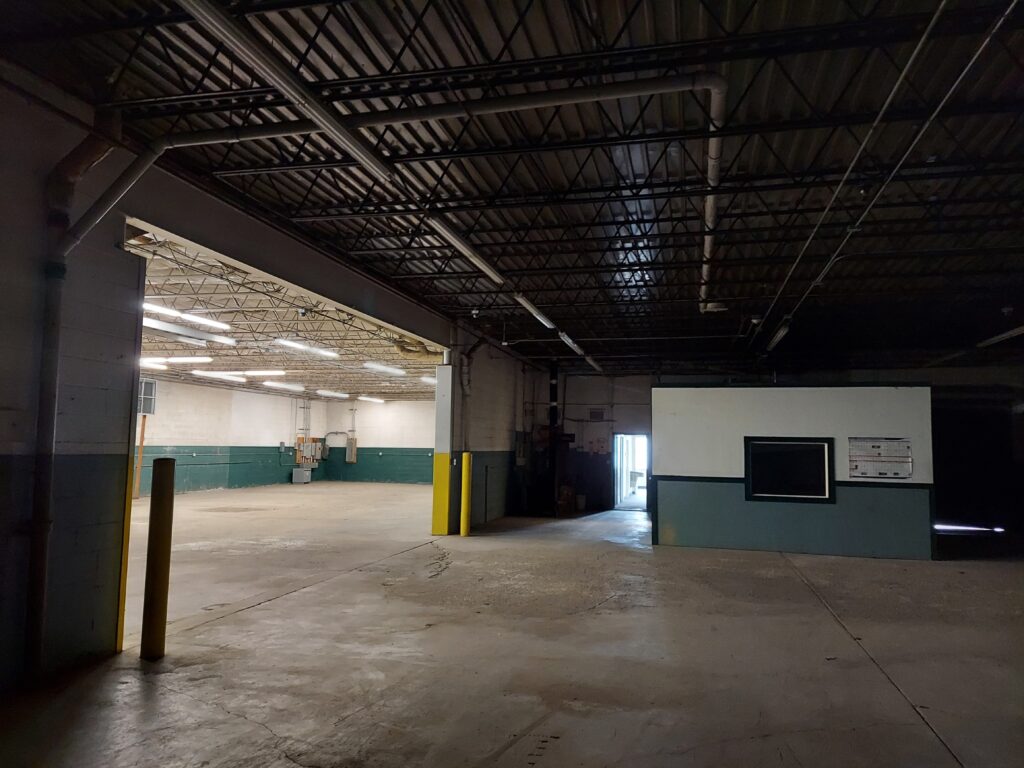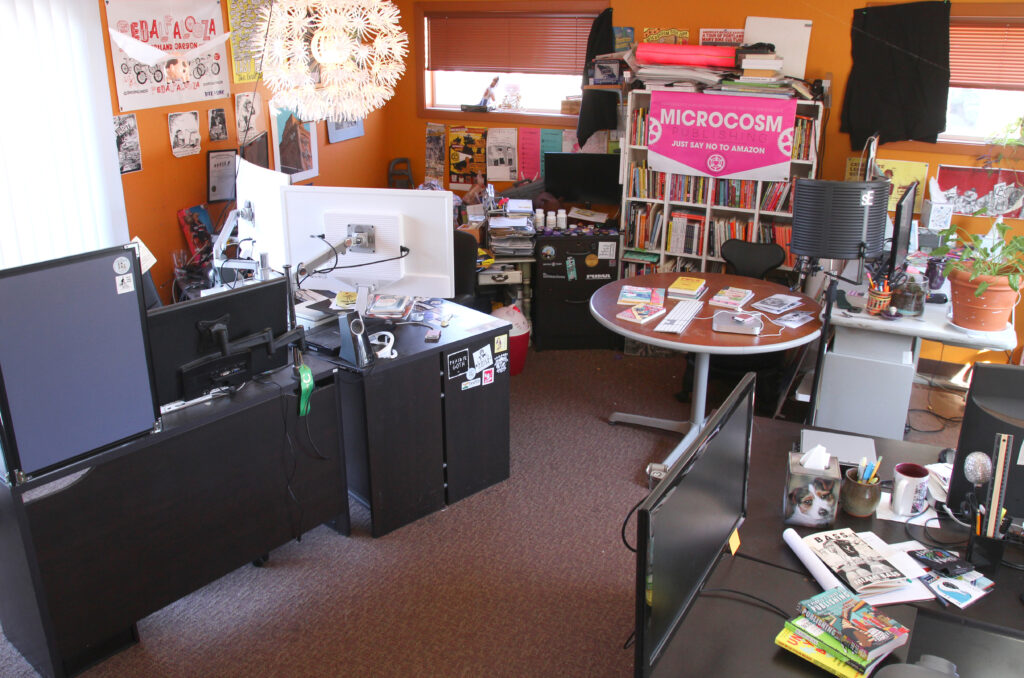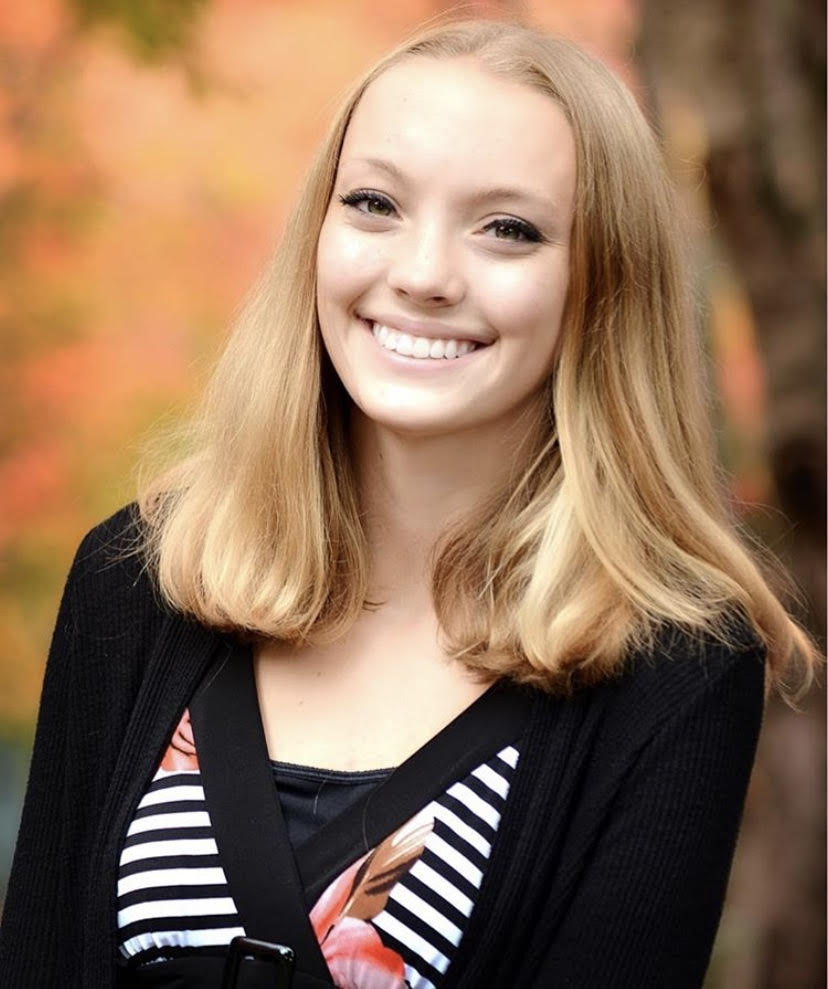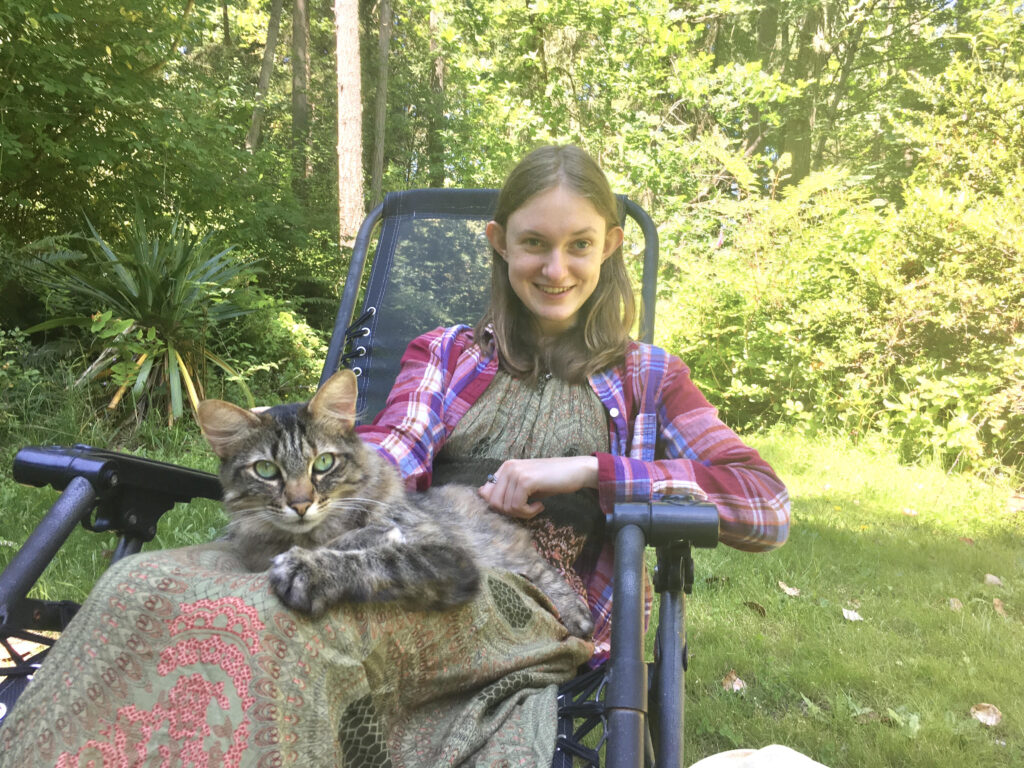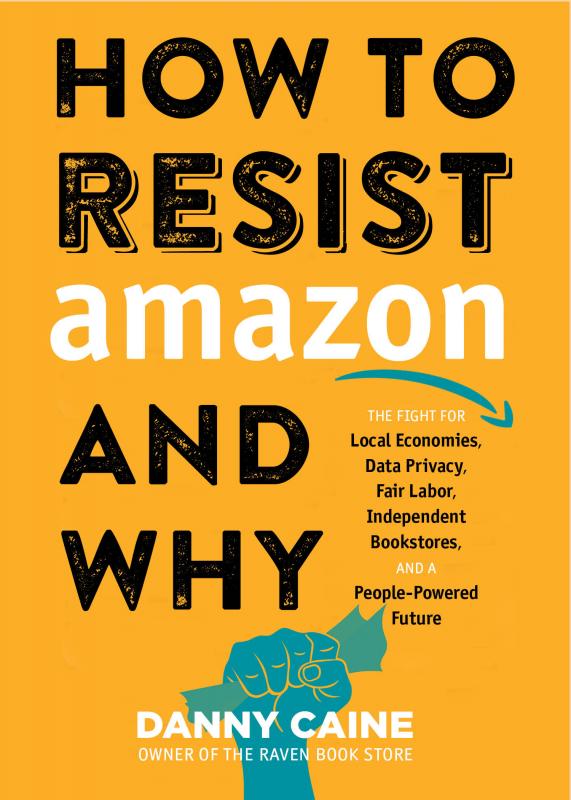How to Be Accountable: a Book Review
Microcosm intern Molly Simas wrote this review of our new book, How to Be Accountable by Joe Biel & Dr. Faith Harper.
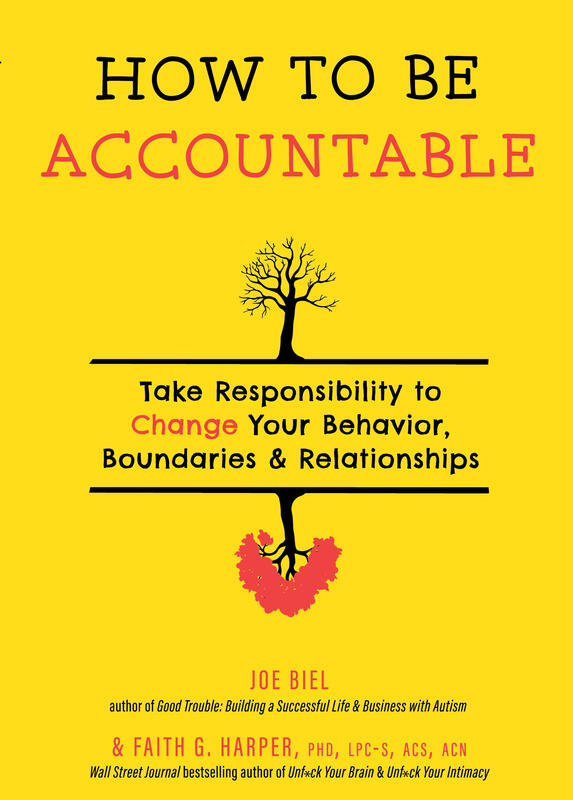
In January of 2018, Saturday Night Live released a comedy sketch titled “Dinner Discussion.” Three straight couples sit around a restaurant table (remember restaurants?), exclaiming over the food’s deliciousness. “Everything here is good,” says one man. “The New York Times restaurant review raved about this place.”
“You know, speaking of the Times,” a woman at the table says. “Did any of you guys read that op-ed piece about…”
“Honey, no,” her husband says, suddenly alarmed.
“What article are you talking about?” their friend inquires.
“The one about… Aziz Ansari?”
The music surges, and the six are thrown into dramatic lighting as the camera close pans across their distressed, panicking faces. One woman raises her wine glass to her lips with a trembling hand. The shushing husband pulls his turtleneck up to hide his face.
A quick refresher on the cultural climate of January 2018: news coverage was full steam ahead on all things #MeToo. A waterfall of sexual misconduct revelations was steadily cascading from the upper echelons of Hollywood. Then, an anonymous exposé of Aziz Ansari’s alleged misdeeds made a splash and muddied the waters. The article described a hookup in which the woman who Ansari brought home felt unheard and violated. It was clear that harm had been caused and that power dynamics were involved. Yet enough gray area around the details threw the discourse into a purgatory where no one knew how to talk about it or have the “right” opinion.
The SNL skit continues with the dinner guests haltingly offering their thoughts on the subject. “I…think…” one woman says, while her husband admonishes, “Careful…”
“I think that some…women…” she continues, and her friend interjects, “Careful…”
“While I applaud the movement,” another dinnergoer offers. “Watch it…” cautions his friend.
They continue to hem and haw their way through the conversation. “Powerful men almost always abuse…NOPE!” one tries. “Consent…PASS! Damn it!” says another.
If you were an alive and thinking person at the time, you might have an opinion on the matter–perhaps a very strongly held one–and I’m not here to convince you any which way about it. But that SNL skit stuck with me because it felt so accurate to the grappling conversations I’d had with my own friends that week, and it came to mind again as I worked my way through How to Be Accountable, Microcosm’s latest contribution to the cultural toolkit of thinking about repairing harm in our relationships and our lives.
Authors Joe Biel and Dr. Faith G. Harper establish early and often that a new paradigm is needed for conversations about accountability. They explicitly state their hope that people “cultivating personal development rather than sweeping cancelation” are the ones “who will change perception around this issue and shift the conversation about accountability from one of punishment and ostracism to an understanding that accountability is personal and that everyone makes mistakes from which they can learn and grow.”
It’s a difficult, tricky subject, and I appreciate this book’s willingness to wade into the thick of it. Talking about accountability, just like talking about privilege and other systems of power, requires stark honesty and the resilience to push through making mistakes. While these vulnerabilities are necessary for progress, too often they are swiftly punished within the very conversations that require them. This can feel inescapable and exhausting.
With How to Be Accountable, I was ready to watch someone else step into that arena, and the book did not let me down. I was uncomfortable and questioning my own notions of accountability almost immediately, which I think is the point. When it comes to perpetrators of harm, considering forgiveness can feel like a trap—even the phrase “everyone makes mistakes” can feel a little too “boys will be boys” in the context of sexual assault—yet blanket cancelation of human beings is clearly not a sustainable or healthy option. How, then, are we to proceed?
To their credit, Harper and Biel ultimately never boil anything down to a simple takeaway. They frequently acknowledge that every situation is unique, with its own context and nuance, and thus every situation will require unique engagement from all parties. “In a world of memes and fake news, separating the behavior from the person is more vital than ever,” the authors write. “In the quest for quick sound bytes we simplify, misconstrue, misinterpret, and vilify people because we are human and sometimes our filters fail us. …If we are going to create something better than the criminal justice system for righting wrongs, our system has to truly be better.”
But wait. Isn’t this supposed to be a book about personal accountability? About fixing our own shitty habits? Ostensibly, yes. The book begins with a baseline acknowledgement that our own toxic patterns are often born of coping behaviors we learned in childhood, and that these patterns can be interrogated and shifted.
Accountability doesn’t only exist outside of us, in the court of public opinion. It is a quality we all are responsible for crafting an awareness of and practice around in our own lives. How To Be Accountable does a great job of striking this note early on: “…there is remarkably little written about how to recognize and change patterns in our own behavior, which seems to suggest that change is only needed for people whose behavior is unfathomably worse than our own. But the reality is that everyone sees maladaptive behaviors in themselves that they’d like to change.”
Yet for a lay reader, that note might seem to waver as the chapters proceed to wander through the weeds of cognitive biases, propaganda, trauma histories, and shadow work, with occasional guest appearances by members of the zeitgeist such as Pizzagate, Jordan Peterson, and racist Facebook relatives. At times, it can be hard to see how a given section relates to our own accountability struggles, which might be as mundane as avoiding difficult conversations with loved ones, or continuing to engage in self-sabotaging behavior.
Truthfully, it is all related and relevant—it’s just that this shit is complicated and this work is hard. “If you are still feeling like you haven’t connected all of the dots, don’t beat yourself up,” write Harper and Biel in the book’s conclusion. “We’d say that doesn’t signal failure, it signals the fact that you are recognizing that this is a complex and long-term process.”
I didn’t have access to the forthcoming companion title How to Be Accountable Workbook during the writing of this review, but I’m going to go out on a limb and recommend that, if you’re serious about getting into your own shit, that you obtain both and work through the two in tandem. Microcosm has a fun trend of publishing workbooks alongside self help titles, and managing editor/co-owner Elly Blue has said on Microcosm’s podcast that most book/workbook combinations can be treated as “one or the other” situations, not necessarily a requisite package deal. However, while How to Be Accountable does contain several reflective questions and journaling exercises in-text, I think the companion structure of a workbook would be extremely helpful in keeping a reader grounded in the deep understanding of self (values, needs, patterns, history) that is required of their own accountability work, as they consider larger concepts that may or may not affect their own situations to varying degrees.
The truth is, no book will give a reader a hard-and-fast answer when it comes to tough questions of justice, forgiveness, and healing from harm, because the idea of such a solution is a myth. For most situations, there isn’t a peel-and-stick universally “correct” answer, which is what leaves so many of us stammering at the edge of a conversational precipice, cutting people out of our lives for lack of a better option, or staring at ourselves in the mirror with a sick feeling in the pit of our stomach that we will never be freed of our own pain.
However, in lieu of this magical sticker, there are people seriously engaging with the difficult work of growth and accountability, in numerous formats, from storytelling to social work. It is increasingly recognized that our institutional systems of accountability are deeply flawed, that their harmful notions of punishment have trickled down into our most precious relationships, and that a new way forward is needed to make us all safer and more whole. Ultimately, How to be Accountable is a valuable contribution to the ever-growing library on this subject.
